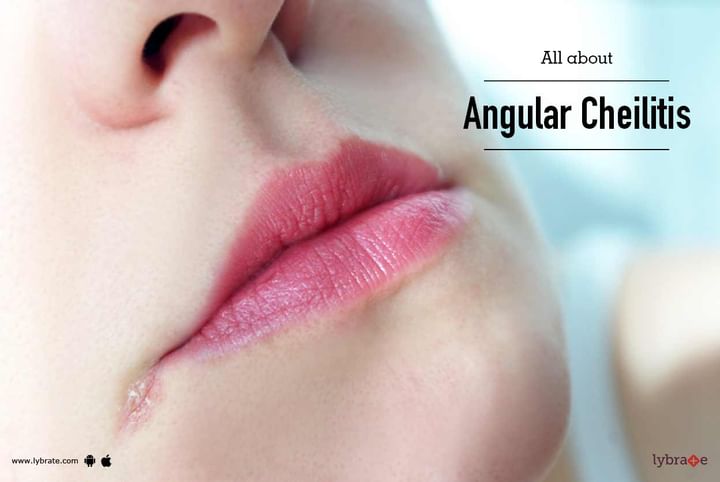All About Angular Cheilitis
One of the most repulsive and problematic skin disorders, angular cheilitis is known to cause a lot of irritation. Cheilitis is usually a condition that refers to the inflammation of the lip on account of certain allergies and infections. When it takes place on the edges of the mouth, it is termed as angular cheilitis. It is similar to an extreme chapping of the lips, only more painful and unsightly. Some of the cheilitis start as cold sores and lead to the cracking or splitting of the skin. On certain severe conditions, the cheilitis may also end up bleeding. While cheilitis is not a contagious disease, it often spreads to the other parts of the body, magnifying the discomfort. Cheilitis vary from minor to chronic proportions. The usual treatments for angular cheilitis entail applying lip balm and chap-sticks. For acute conditions, one may seek medical advice.
Angular Cheilitis may take place in any unsuspecting individual. One of the primary causes of this condition is germ intrusion. Contact with the dribble of saliva triggers this condition. While among other causes, contamination by bacteria, yeasts and viruses are prominent factors. The commissures often also indicate a weak immunity system especially iron deficiency. It is known to be more frequently occurring in people with sensitive skin. Certain genetic predispositions like a history of eczema and Down syndrome may act as catalysts.
For minor cheilitis, the most obvious complaint could be cited as difficulty in opening one's mouth. However, for more serious conditions, onset of blisters, rashes and fissures are fairly common. Dermatologists usually recommend nutritional supplements as palliative care for angular cheilitis. Over and above that, for immediate relief, one can try keeping the commissure covered in a thick layer of ointment or lip balm. Antiseptic creams and antifungal medicines are also prescribed to counter the effects of angular cheilitis. On certain occasions, one may also resort to filler injections to cover up the commissures.



+1.svg)
